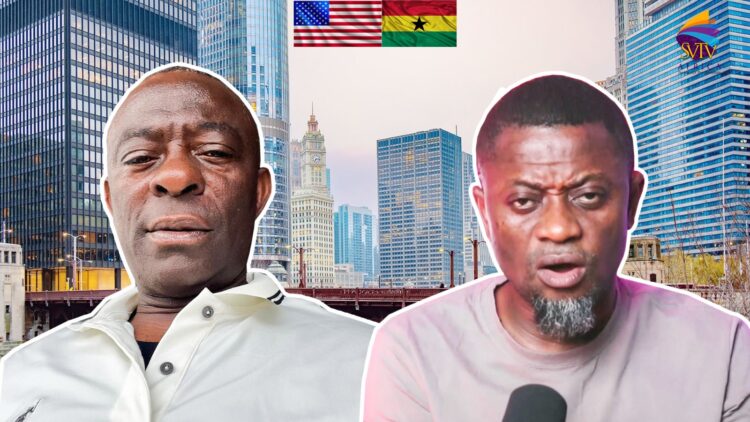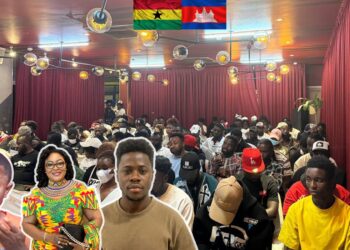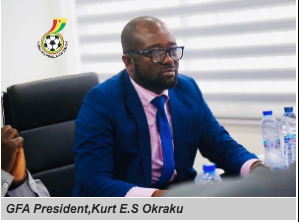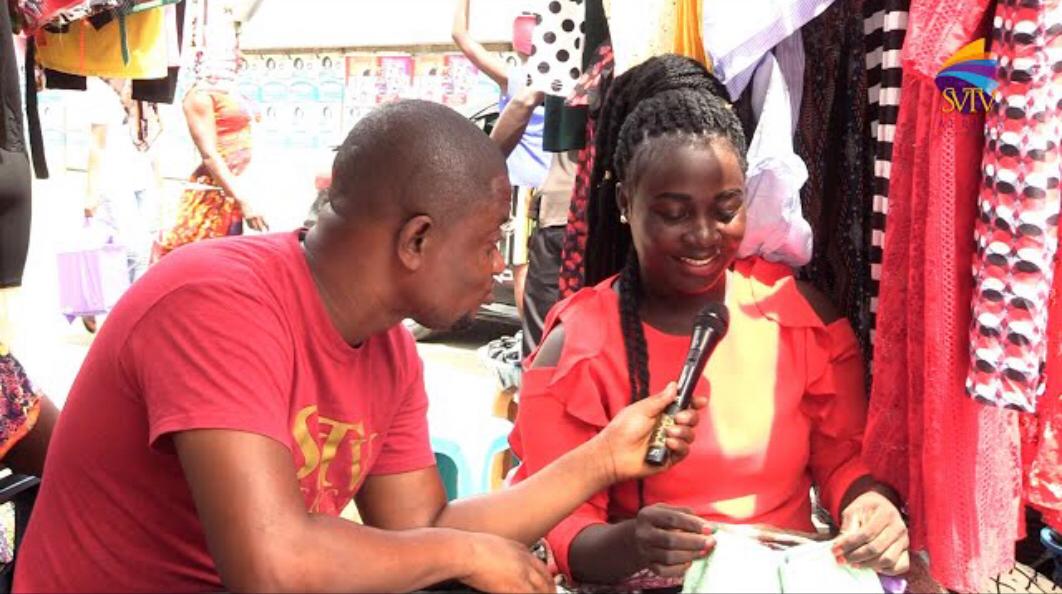Possible, a Ghanaian based in Houston, Texas, shared his story in an interview with DJ Nyaami on SVTV Africa’s Daily Hustle Worldwide. He revealed that he has been living in the United States for the past 14 years, after winning the American lottery at age 49.
Before migrating, Possible worked as a teacher in Dormaa Ahenkro and also served in a district office in Ghana. When he won the American lottery, he was hesitant at first due to his age and financial situation.
“I was almost 50, and my friend who also won couldn’t go because he didn’t get the visa. On top of that, you need to pay for medicals and visa fees. At the time, my child also needed school fees,” he said.
Determined to take the chance, he took a loan to cover both the visa processing costs and his child’s school fees.
“If I had been denied the visa, it would have been a total loss. But I learned from my colleague’s mistake and didn’t include my whole family in the first application. That’s how I got approved.”
After arriving in the U.S., he contacted his uncle, got help settling in, and started life from scratch. Through hard work, he got introduced to the correctional system and was hired as a prison officer in 2013—a job he still holds today.
Later, he filed for his wife and three children to join him. They arrived in 2016. Today, his children are thriving—his firstborn is married, and his second child has given him a grandchild.
“America is full of opportunities,” he emphasized. “You can buy cars, houses, and give your children a better future. But if you don’t have legal documents, no one sees your value—even if you’re a professor.”
He noted that the system has changed. “Trump and now even Biden are enforcing immigration laws strictly. These days, no one is crossing the border illegally. The birthright citizenship law that used to benefit many, especially during the slave trade era, is now under threat.”
He also shared that his prison facility has over 3,000 inmates, with only one Ghanaian among them, compared to many Nigerians and other Africans. “I’ve only met three Ghanaians in my field, but Nigerians are many. My job is good. With overtime, you can make up to $5,000 a month.”
On a personal note, he praised his wife for being supportive. “She came to join me, accepted my two children from previous relationships, and raised them like her own until we had our children together.”

















